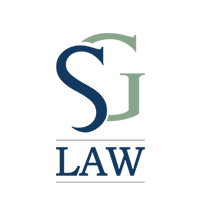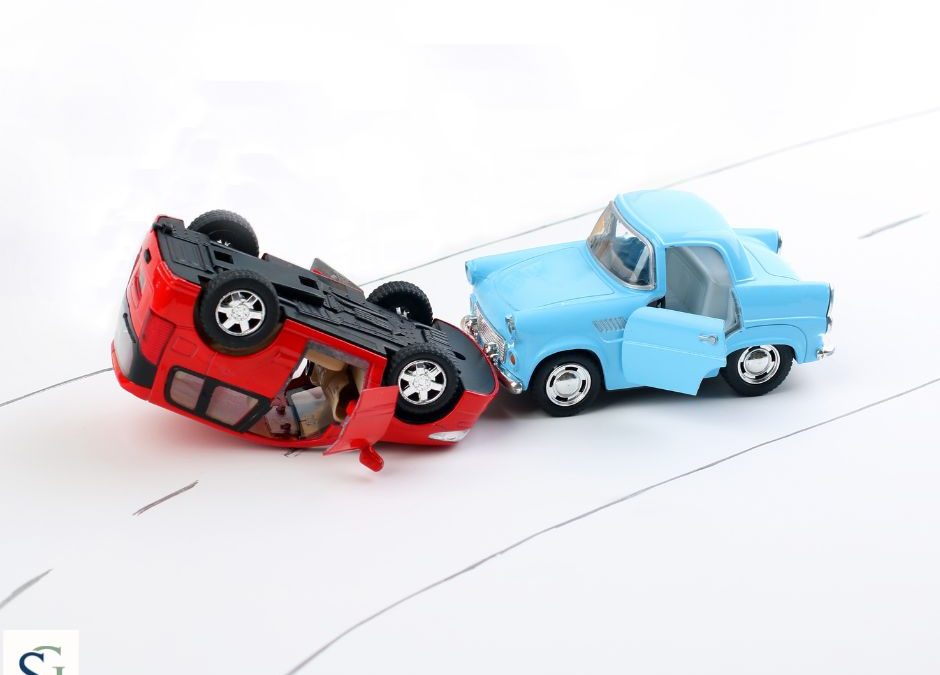If you are involved in a car wreck, it is easy to make mistakes. A crash is, after all, a high-stress situation. There may be lots of people talking at you, sirens sounding and lights flashing. You may be injured and in considerable pain.
Having a plan can help you avoid critical errors which could harm your chance of claiming fair compensation for your injuries and losses down the road.
Your immediate actions after a car wreck make a difference
Here are some things to remember and do if you are ever in a collision with another vehicle:
- Do not apologize: Being too polite could cost you. The other party’s insurance company may take anything that sounds like an apology as an admission that the crash was your fault.
- Gather evidence: While the police should come and take full notes at the scene, it is best to collect some proof yourself. Your phone has all you need. Use the camera on your phone to take pictures. Use the voice recorder to note down anything you see or collect the details of witnesses.
- Get a medical check-up: If you do not visit a doctor for a few days, the insurer could claim your injuries occurred elsewhere.
- Contact your insurance company: The sooner you contact your insurer, the better. There might be a time limit in the small print of your policy.
- Do not speak to the opposing insurer: They may contact you to try and get you to say something which would reduce any payout they must make. They might also offer you a figure to settle immediately. It might seem like a lot, but it will be less than you are entitled to. Tell them to speak to your attorney.
FAQs About What to Do After a Car Crash
Should I call the police after a car wreck, even if it seems minor?
Yes, it’s crucial to call the police and file a report after a car wreck, regardless of the severity. A police report can provide essential documentation for insurance claims and potential legal actions.
Should I admit fault at the scene of the car wreck?
It’s best not to admit fault at the scene of the accident, as liability is often complex and may involve multiple factors. Limit discussions about the accident and avoid making any statements that could be used against you later.
What information should I gather from the other driver(s) involved in the car wreck?
Obtain the other driver’s name, contact information, driver’s license number, insurance details, and license plate number. Additionally, gather contact information from any witnesses present.
Do I NEED to notify my insurance company about the car wreck?
Yes, it’s essential to promptly notify your insurance company about the car wreck, even if you believe the other driver was at fault. Cooperation with your insurance provider is crucial during the claims process.
When should I seek medical attention after a car wreck?
If you or anyone else involved in the accident is injured, seeking immediate medical attention is a priority. Some injuries may not be immediately apparent, so it’s advisable to get checked by a healthcare professional.
Can I handle the car wreck claim on my own, or should I consult a lawyer?
While some straightforward car wreck claims can be handled without legal representation, involving an experienced personal injury attorney can help protect your rights and maximize your compensation, especially in more complex cases.
Is it necessary to take photos of the car wreck scene?
Taking photos of the accident scene, vehicle damage, road conditions, and traffic signals can serve as valuable evidence when determining fault and assessing damages. Only do so if you can safely photograph the scene, however. Do not jeopardize your life or safety for the sake of snapping a few pictures.
How long do I have to file a claim after a car wreck?
The statute of limitations for filing a car wreck claim varies by state. It’s crucial to act promptly and consult with an attorney to understand the specific time limits in your jurisdiction.
You should contact an attorney promptly after a car crash. They can help you fight for compensation and protect you from claims by the other party and insurers’ tactics.

